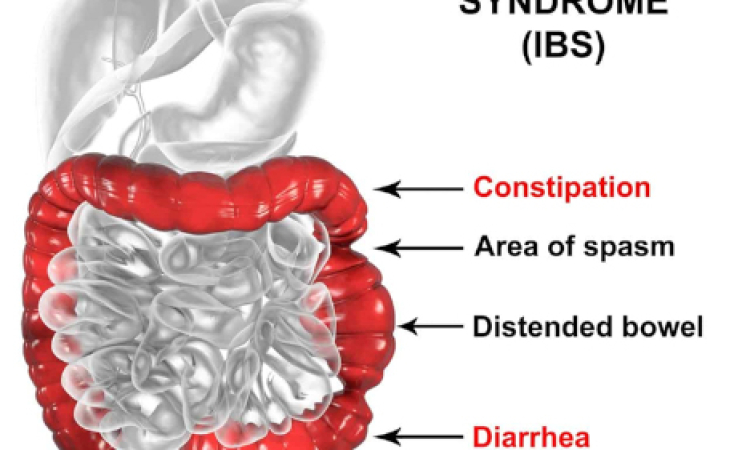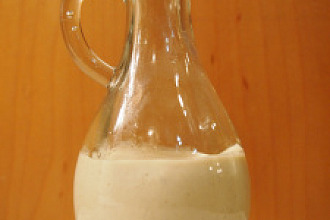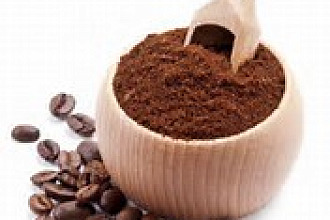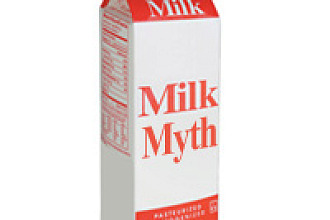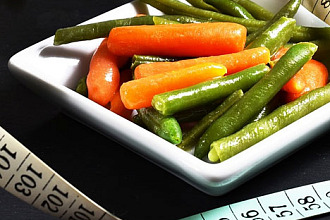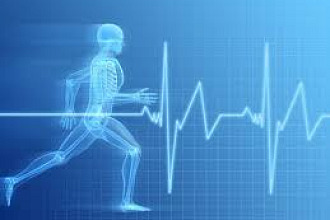A baffling, frustrating problem for doctors and patients alike, IBS affects as many as 20 percent of Americans, with women in the majority.
Rather than a specific disease, it's defined as a collection of symptoms, including abdominal cramps and bloating, flatulence, and diarrhea or constipation. Where once it was assumed to be a psychological problem, researchers now believe there are physical components as well.
'My colleagues and I have found the first molecular change in the bowel to be identified with IBS,' says Gershon. "The observation suggests, but does not prove, that IBS is an intestinal disease, possibly caused by infection or a congenital defect."
If you are diagnosed with IBS, especially when accompanied by constipation, you may be prescribed tegaserod (Zelnorm), which boosts intestinal motility. It works by interacting with receptors for serotonin, the neurotransmitter that antidepressants affect in the brain. Another drug, alosetron (Lotronex), appears to work in a similar way by slowing contractions for patients with diarrhea, but it has a higher likelihood of side effects. Antispasmodic drugs and antidepressants work for some patients but not for others.
With or without medication, it's clear that stress makes the problem worse-and a bad case of IBS greatly increases stress levels in turn, causing a vicious cycle. Relaxation techniques are essential steps toward finding relief. In a hospital study of 204 patients in Manchester, England, 70 percent of the subjects reported improvement after 12 weekly sessions of hypnotherapy; most still felt better one to six years later. In another study at New York's Mount Sinai School of Medicine, patients who were given combined treatment by a psychotherapist and a gastroenterologist demonstrated-in just a few weeks-significantly more improvement than patients who received medical treatment alone. Other techniques that may prove useful include meditation, cognitive-behavioral therapy, biofeedback and visualization.
The following actions may also help relieve your symptoms and calm your colon:
- Eat with care. To reduce your digestive system's workload, have frequent small meals in a relaxing setting. Avoid anything that may irritate your GI tract, including caffeinated or carbonated beverages, hot peppers and fatty foods. Gradually introduce high-fiber foods into your diet, but avoid bran if it exacerbates your symptoms.
- Take peppermint. Several studies suggest that enteric-coated peppermint oil has a calming effect on spasms of the colon. In a controlled study at a hospital in Taiwan, 79 percent of IBS patients who took the capsules before meals for a month felt a reduction in pain and other symptoms.
- Turn to probiotics, which are beneficial bacteria that help digest food. According to North Carolina gastroenterologist Stephen M. Faber, M.D., IBS patients who took probiotics saw their symptoms decrease by half. They're available in capsules or in specialized foods such as yogurt. Minocha cautions that everyday yogurt is too weak to be of much good. Instead, shop at health-food stores for active-culture products, such as those from Stonyfield Farms, that contain 3 billion to 5 billion live bacteria per gram.
There's a placebo effect in all these remedies, says Gershon, which makes it difficult to pinpoint their effectiveness. But to someone who just wants to end the discomfort, it doesn't matter what's making it happen. If you can get your big brain to tell the little brain in your gut to feel better-and it does-that's already a success."
Article originally found here
Picture originally found here

